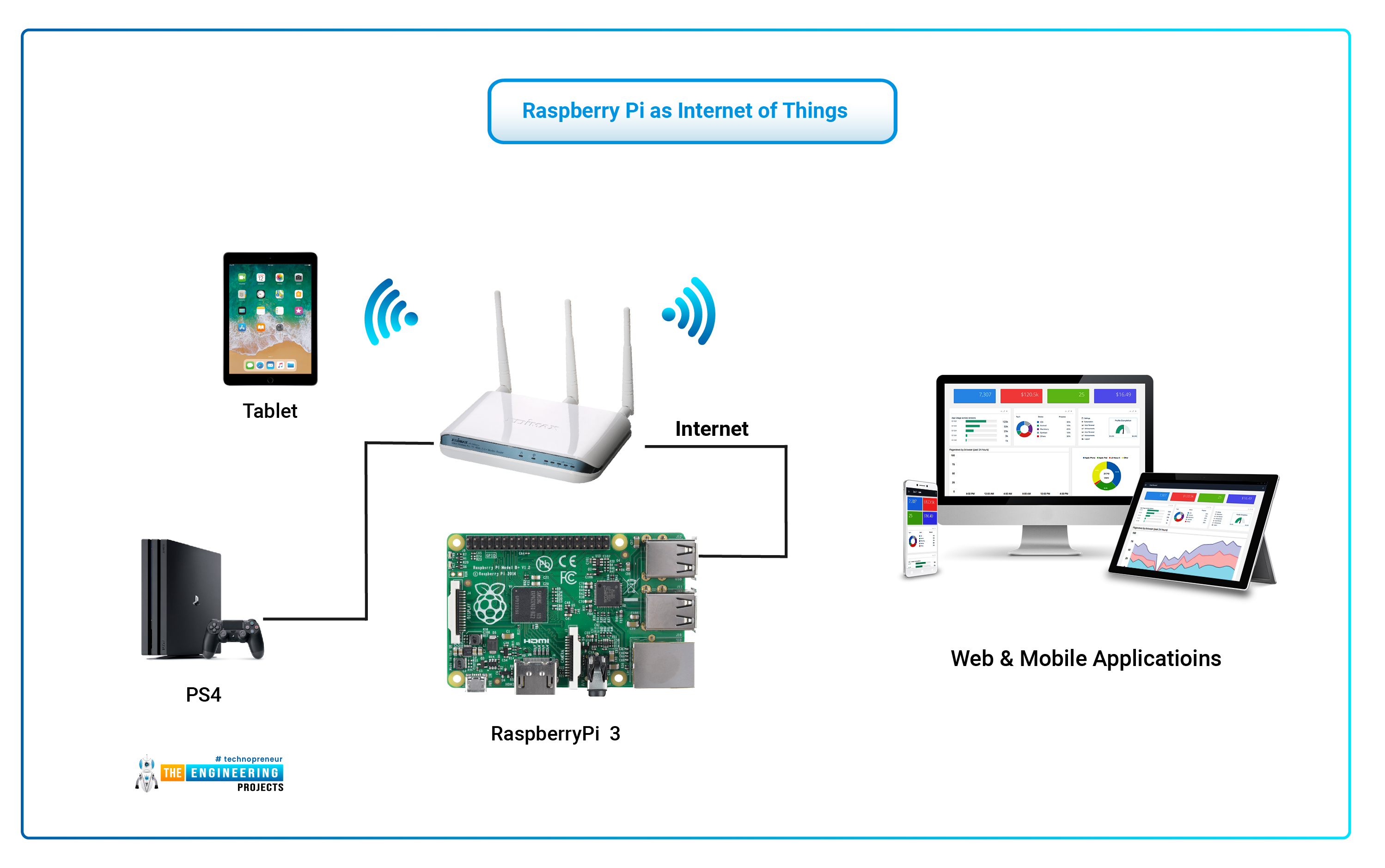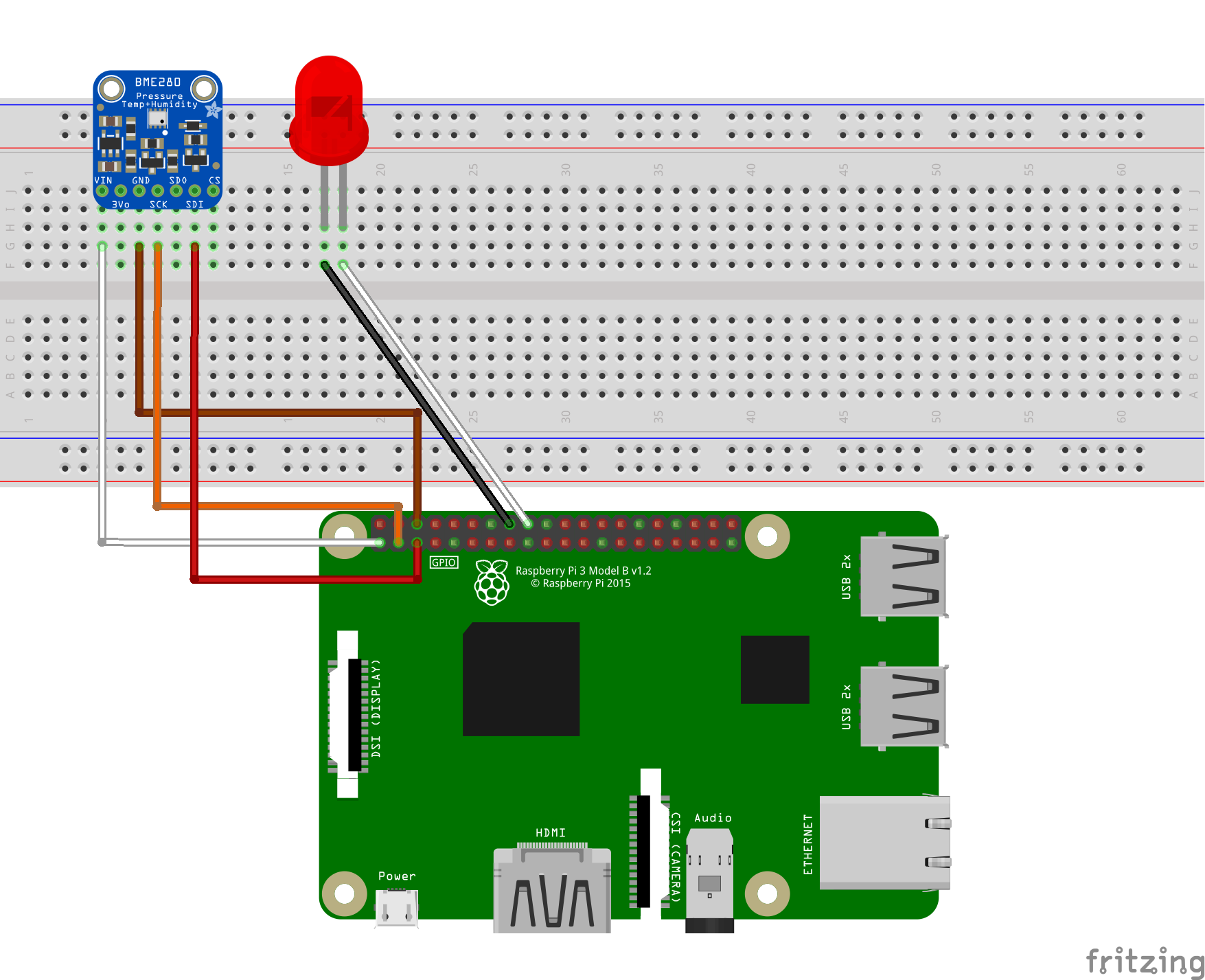Hey there! Let's dive into the world of IoT and Raspberry Pi, where remote access is king. Whether you're a hobbyist tinkering with smart home gadgets or a pro developing cutting-edge industrial solutions, having the right tools at your disposal is crucial. Today, we're going to explore some of the best free SSH tools that can help you manage your IoT devices and Raspberry Pi like a pro. So, grab a coffee, and let's get started!
Why SSH Matters for IoT and Raspberry Pi
SSH, or Secure Shell, is like a superhero in the tech world. It's a cryptographic network protocol that lets you access and control remote devices over an unsecured network—safely and securely. If you're working with IoT devices or a Raspberry Pi, SSH is your best friend. It allows you to manage everything from your smart thermostat to complex industrial systems without worrying about security breaches or data leaks.
Choosing the Right Tools for Your IoT Projects
With the growing demand for IoT solutions, the number of tools available can be overwhelming. But don't worry, we've got you covered. Here's the deal: you need tools that are not only free but also reliable, secure, and easy to use. Whether you're setting up a home automation system or building the next big thing in IoT, the right SSH tool can make all the difference. Let's take a look at some of the top contenders in this space.
Read also:Remembering Simon Cowell A Legacy In Music And Television
Top Free SSH Tools for Raspberry Pi and IoT Devices
When it comes to free SSH tools for Raspberry Pi, there are plenty of options to choose from. Each tool has its own set of features and benefits, so let's break them down for you. Whether you're a Windows user or prefer cross-platform solutions, there's something for everyone.
1. PuTTY: A Classic Choice for Windows Users
PuTTY is a name you've probably heard before if you're into tech. It's a popular SSH client for Windows users, and for good reason. PuTTY is lightweight, easy to use, and packed with features that make it a go-to choice for many developers. If you're new to SSH, PuTTY is a great place to start. It's simple enough for beginners but powerful enough for pros.
2. SocketXP: A Modern Solution for Remote Access
SocketXP is an alternative method for remotely connecting to your IoT device's SSH server. It's a modern solution that offers seamless connectivity and ease of use. If you're looking for something that works across platforms and doesn't require a lot of setup, SocketXP might be the tool for you. Plus, it's free, which is always a bonus!
Security Considerations for SSH Remote Access
Now that we've covered some of the best SSH tools, let's talk about security. Security is a big deal when it comes to remote access, and you want to make sure you're doing everything you can to protect your devices. Here are a few tips to keep in mind:
Change the Default SSH Password
One of the first things you should do is change the default SSH password. For example, a Raspberry Pi comes with a default username "pi" and password "raspberry." While it's convenient, it's also a security risk. Hackers know these defaults, so it's crucial to change them as soon as you set up your device. Think of it like locking the front door to your house—don't leave it wide open!
Use Strong Passwords and Two-Factor Authentication
Strong passwords are your first line of defense against unauthorized access. Use a mix of uppercase and lowercase letters, numbers, and symbols to create passwords that are hard to crack. And if your SSH tool supports two-factor authentication, enable it. This adds an extra layer of security that can make all the difference.
Read also:Lisa Boothe A Rising Star In Political Journalism
Why Raspberry Pi is the Best SSH Remote IoT Device
Raspberry Pi has earned its reputation as the best SSH remote IoT device for a reason. It's affordable, versatile, and backed by an incredible community of developers and enthusiasts. The Raspberry Pi 4 Model B, in particular, stands out as one of the most powerful options available. With its robust performance and compatibility with a wide range of SSH tools, it's no wonder why so many people love it.
Setting Up SSH on Your Raspberry Pi
Setting up SSH on your Raspberry Pi is easier than you might think. First, open the terminal on your Raspberry Pi or access it via SSH on your local network. Then, install the remoteiot service. Once that's done, open the remoteiot portal in your browser and log in to the dashboard. You should now see your Raspberry Pi in the list of account devices. It's that simple!
Conclusion: Your Roadmap to Secure IoT Management
By the end of this guide, you should have a clear roadmap to selecting and configuring the best IoT device for remote SSH access on your Raspberry Pi. From setting up your Raspberry Pi for SSH to choosing the right tools, you're now equipped to tackle any project with confidence. Whether you're a hobbyist building smart home systems or a developer working on industrial IoT solutions, these tools and tips will help you manage your projects efficiently and securely.
So, what are you waiting for? Dive in, experiment, and let us know how it goes. Happy tinkering!


